QI News Summer 2023

INTRODUCTION
Assuredly, we are living in unprecedented times where just about every notable (and sometimes obscure) event signal possible implications for the quality of higher education. Such events include the United States’ recent renewed membership in the United Nations Educational, Scientific, Cultural Organization (UNESCO), the ongoing war in Ukraine, and recent regime changes in Europe. These and other disruptors invoke questions, conversations, and innovative strategies regarding the importance of continued assurance of quality in higher education.
This issue of Quality International Newsletter explores this dynamic in four different conversations. Recent regime changes inspire a provocative, critical literature review, co-written by CHEA Fellow (2023) Annie Everett, that scrutinizes the relationship between internationalization, quality assurance, and global higher education curricula. Meanwhile, the war in Ukraine and highly strategized forms of academic fraud inspire diverse, yet unique address of corruption in higher education. Finally, listen as Humphrey Fellow, Abby-Gail Blanchard interviews quality assurance experts, Nadia Badrawi and Jamil Salmi (CIQG Advisory Council members) on matters of current relevance to quality assurance.
Power Through Legitimacy: Internationalization, Quality Assurance, and Curriculum in Global Higher Education
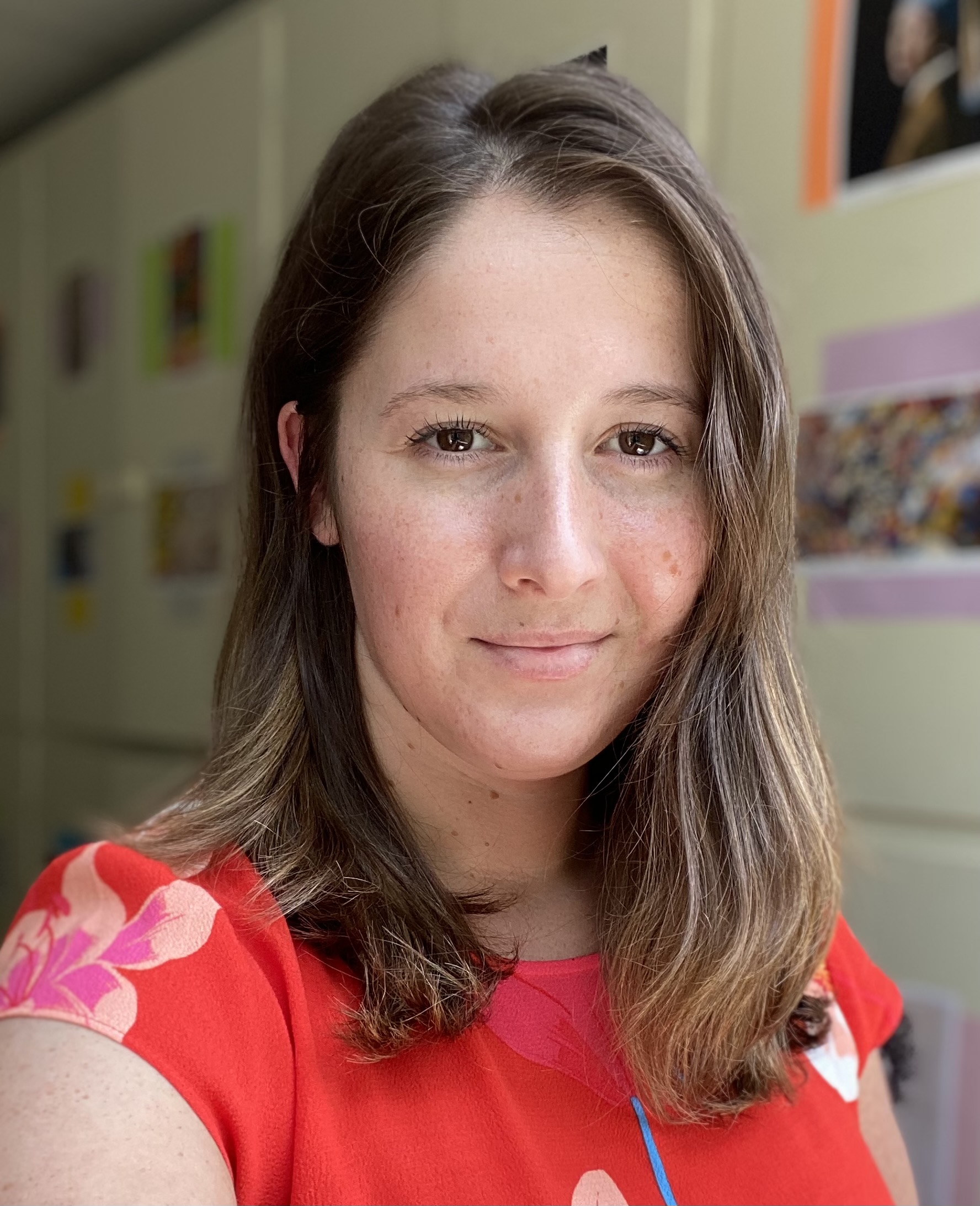
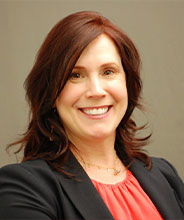 The World Bank (2021) estimates that nearly 220 million students are enrolled in tertiary education around the world. While the national systems of higher education that serve these students vary widely in size, mission, and resources, they perform similar roles within their communities. In the modern era, societies tend to sort and allocate their citizenry on the basis of educational and professional experience. In order to meet society’s material needs, systems of education construct categories of instruction that standardize and manage the production of knowledge. Postsecondary institutions set standards for academic quality that seek to create “standard types of graduates from standard categories of pupils using standard types of teachers and topics” (Meyer & Rowan, 1978, p. 219). Completion of a college degree thus represents an act of ritual classification in which the educational experience codifies the rules, norms, and ideologies of its surrounding communities (Meyer & Rowan, 1978). The question is: whose rules, norms, and ideologies confer the most legitimacy? Uncovering the power dynamics that create systems of inequity and oppression is more imperative than ever as rules, norms, and epistemologies continue to cross cultures and borders (Blanco Ramírez, 2014; de Wit & Altbach, 2021; George Mwangi et al., 2021; Lee, 2021). READ MORE
The World Bank (2021) estimates that nearly 220 million students are enrolled in tertiary education around the world. While the national systems of higher education that serve these students vary widely in size, mission, and resources, they perform similar roles within their communities. In the modern era, societies tend to sort and allocate their citizenry on the basis of educational and professional experience. In order to meet society’s material needs, systems of education construct categories of instruction that standardize and manage the production of knowledge. Postsecondary institutions set standards for academic quality that seek to create “standard types of graduates from standard categories of pupils using standard types of teachers and topics” (Meyer & Rowan, 1978, p. 219). Completion of a college degree thus represents an act of ritual classification in which the educational experience codifies the rules, norms, and ideologies of its surrounding communities (Meyer & Rowan, 1978). The question is: whose rules, norms, and ideologies confer the most legitimacy? Uncovering the power dynamics that create systems of inequity and oppression is more imperative than ever as rules, norms, and epistemologies continue to cross cultures and borders (Blanco Ramírez, 2014; de Wit & Altbach, 2021; George Mwangi et al., 2021; Lee, 2021). READ MORE
Annie Everett served as a Fellow for the Council for Higher Education Accreditation (CHEA) in Summer 2023. She is currently enrolled in a Ph.D. program in higher education at The Pennsylvania State University. She completed a Bachelor of Arts degree in History from The University of Arkansas (Fayetteville), a Master of Arts degree in Modern European History from The University of Tennessee (Knoxville), and a Master of Public Policy degree from Vanderbilt University. Her professional background includes extensive postsecondary administrative experience across a variety of institutional types.
Melissa L. Brun has been a leader in the international higher education field for more than 25 years, and is the Founder of Surnia Consulting, LLC. Melissa is currently a dual-title Ph.D. student in the higher education and comparative and international education degree program at the Pennsylvania State University. She also serves as a researcher on the Cross-Border Education Research Team (C-BERT) and is a graduate research assistant in Penn State Global. She holds a Master of Science in International Administration from Central Michigan University and a dual Bachelor of Arts in French and Philosophy from Grand Valley State University.
Maintaining Quality Assurance in Ukraine: Accreditation, Cooperation,
and Anti-corruption
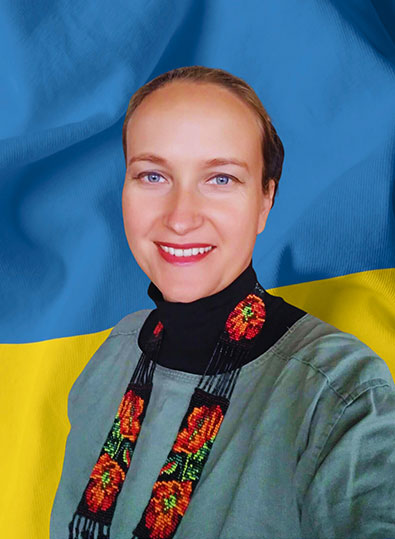
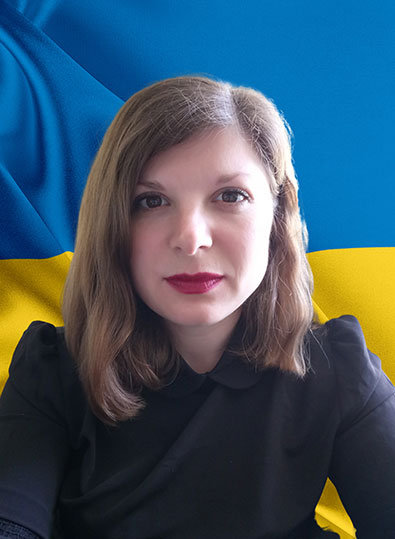
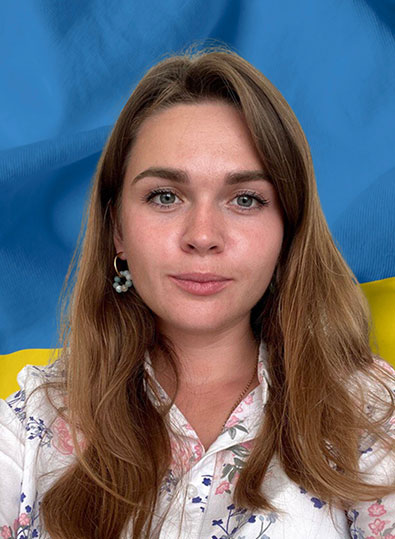 Accreditation of study programmes under martial law undergoes a unique and stringent process to ensure the quality of education and compliance within the context of exceptional circumstances.
Accreditation of study programmes under martial law undergoes a unique and stringent process to ensure the quality of education and compliance within the context of exceptional circumstances.
During these 472 days since Russia started full-scale war, the whole Ukrainian society and educational institutions face resource limitations, operational challenges, disruptions in regular activities, blackouts, daily massive shelling, and air raid sirens. It became clear to us that the accreditation of study programmes under martial law should involve tailored processes that address the unique challenges faced by educational institutions during times of crisis. National Agency for Higher Education Quality (NAQA) adapted its processes to suit the conditions of martial law and became the only agency in the world which remains operational during the full-scale war. NAQA team work closely with educational institutions not only to evaluate curriculum content, faculty qualifications, infrastructure, and learning outcomes but to give a helping hand. READ MORE
Ganna Denyskina, Head of Study Programs Accreditation Department of NAQA, PhD
Iryna Simshah, Leading specialist of Study Programs Accreditation Department of NAQA
Olena Loban, Leading specialist of PR and International Cooperation Department of NAQA
Humphrey Fellow, Abby-Gail Blanchard Interviews Nadia Badrawi
and Jamil Salmi.
Global Academic Integrity Network (GAIN) Established to Combat Contract Cheating
Contract cheating and other forms of academic fraud have the potential to cause significant damage to our national qualifications systems. These are global issues that require a collaborative, cross-border approach to combat.
In recognition of this, the Global Academic Integrity Network (GAIN) was co-founded by Quality and Qualifications Ireland (QQI) and the Australian Tertiary Education Quality and Standards Agency (TEQSA) and launched by Simon Harris, Irish Minister for Further and Higher Education, Research, Innovation and Science in October 2022.
GAIN is a collective of regulators and quality and integrity agencies that aims to maintain existing connections between regulators and to establish new ones. Through the network, members disseminate new developments and research on contract cheating and academic fraud across jurisdictions; members also consider how common, global approaches to combatting these challenges can be developed and implemented. READ MORE
Mairéad Boland, Senior Manager, Academic Integrity Regulation & Strategic Partnerships, Quality and Qualifications Ireland (QQI)
Calling All CIQG Members!!
 Remember that you are invited to submit articles or op-eds that focus on current topics relevant to quality assurance and international higher education. After reviewing the Quality International Newsletter Guidelines (https://www.chea.org/quality-international-newsletter-guidelines ), please submit your articles, op-eds, announcements by August 30, 2023, for consideration of inclusion in the September 2023 issue of QI News.
Remember that you are invited to submit articles or op-eds that focus on current topics relevant to quality assurance and international higher education. After reviewing the Quality International Newsletter Guidelines (https://www.chea.org/quality-international-newsletter-guidelines ), please submit your articles, op-eds, announcements by August 30, 2023, for consideration of inclusion in the September 2023 issue of QI News.
The views and opinions expressed in this newsletter do not necessarily reflect those of the Council for Higher Education Accreditation,
its International Quality Group, its Board, or its members.
Become a CIQG member, today!

